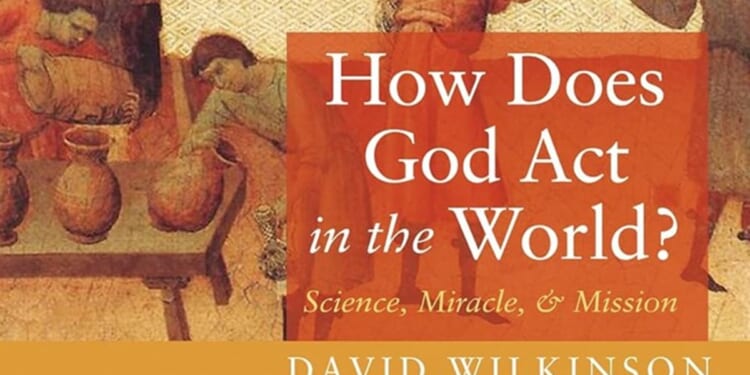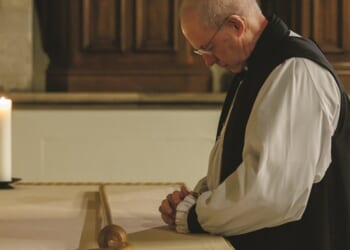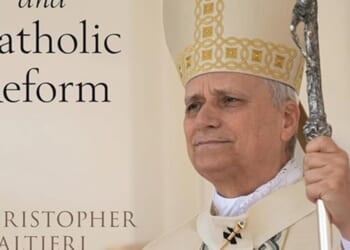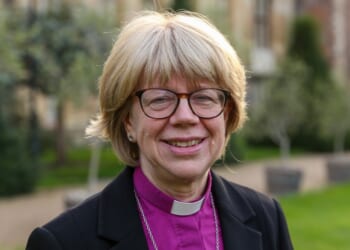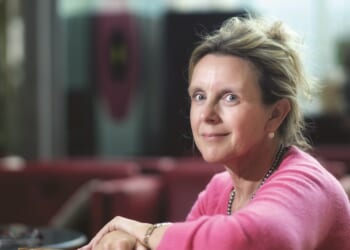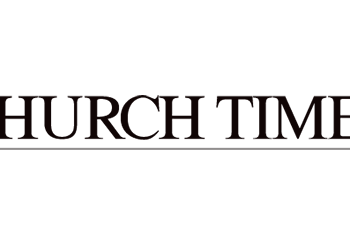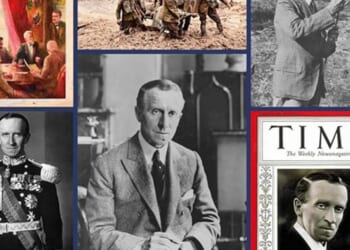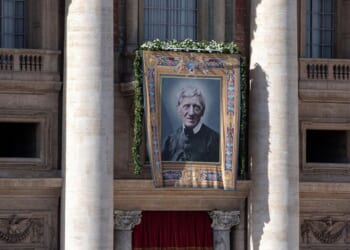DAVID WILKINSON leaps straight into quantum entanglement while exposing the knot that exists between science, theology, and the public square and needs some untangling. The book was first delivered in the form of four lectures, and each chapter addresses the themes of scientific certainty and uncertainty, models of how God acts in the world, scripture and experience, and implications for mission and ministry in the Church.
Wilkinson sets out his argument, highlighting that science is both a hindrance and a help for the Christian theologian. He notes that the conversation between science and theology has often been built on a Newtonian world-view that has now been superseded, while theologians and commentators still tend to argue from that basis. Hence the need for a deep dive into the world of quantum and chaos theory, which, Wilkinson warns, might be a challenge for those who struggled with school physics. The reader is gently guided through a brief history of physics until faced with the demolition of the clockwork universe in the 20th century.
The take-home message? That extrapolating theology from science might be problematic, complex systems cannot be reduced, and science is subtler and more unpredictable than we might think and evolves over time.
Quantum theory alone cannot fully explain reality or religion any more than Newtonian physics could. The main question how God acts in the world is explored by way of reflections on divine providence, unpacking the models that have been used to explain how a supernatural God acts in a physical, material reality. There is no perfect answer, but Wilkinson suggests that “How?” is a less important question than “Why?”
And so to miracles. Despite the temptation to reduce and explain God’s actions, the God of the universe is not straightforwardly examined under a microscope. God works in a multitude of ways, his wonders to perform. Can that answer be enough for the scientist, for the theologian, for the community of faith? Wilkinson concludes with a recourse to his Methodist roots and the passion of John Wesley, who saw hope and possibility around every corner and believed in a God at work in the world, an attitude that gives Christians their “buoyancy and gracefulness”.
Every good scientist knows that the freedom to ask questions is the key to good science. The same can be said for the theologian. This book provides a space for asking questions, and ultimately gives no easy answers, but that may be the only way to approach a living faith in a scientific world. Hebrews may still have the last word: “Faith is the assurance of things hoped for and the conviction of things not seen.”
The Revd Dr Victoria Johnson is Dean of Chapel at St John’s College, Cambridge, and Canon Theologian of St Edmundsbury Cathedral.
How Does God Act in the World? Science, miracle and mission (The Didsbury Lecture Series)
David Wilkinson
Cascade £17
979-8-3852-0881-4
Church Times Bookshop £15.30

